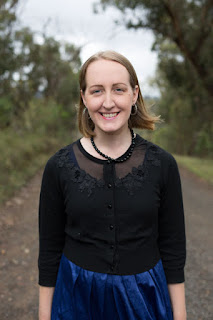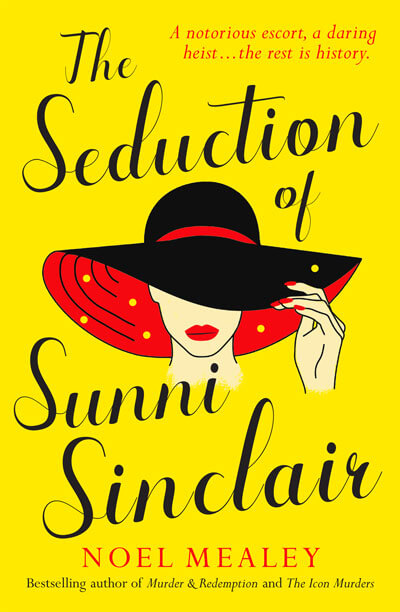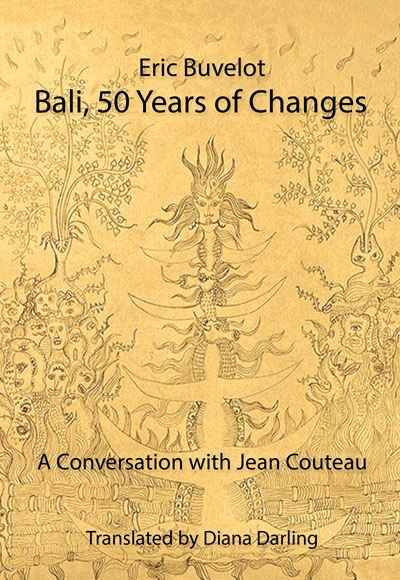Tim Jones
Tim Jones is a poet and author of both science fiction and literary fiction who was awarded the New Zealand Society of Authors Janet Frame Memorial Award for Literature in 2010. He lives in Wellington, New Zealand.
Among his recent books are fantasy novel Anarya's Secret (RedBrick, 2007), short story collection Transported (Vintage, 2008), and poetry anthology Voyagers: Science Fiction Poetry from New Zealand (Interactive Press, 2009), co-edited with Mark Pirie. Voyagers won the "Best Collected Work" category in the 2010 Sir Julius Vogel Awards.
Sample
Impertinent to Sailors
Curved over islands, the world
dragged me south in a talkative year
slipping Southampton
as the band played a distant farewell.
It was better than steerage,
that assisted passage: ten pound Poms
at sixpence the dozen, promenading
in sun frocks, gathering for quoits,
angling, in an understated way,
for a seat at the Captain’s table —
while I, a child, roamed decks, became
impertinent to sailors.
And the heat! My dear, there never were
such days — rum, romance,
the rudiments of ska. Panama beckoned,
locks pulsing like the birth canal.
We passed through, to be rocked
on the swells of the quiet ocean,
its long unshaded days
of trade winds, doldrums, Equator —
then a cold shore,
a bureaucratic harbour,
and the half of a world
it would take to say goodbye.
Now What?
A good question
here in the living room
at quarter to three.
All the others
are in bed.
They’re drawn in pairs
& yet again we’ve drawn the bye.
Have a coffee — Thanks.
What’s on the telly? Static.
A penny for your thoughts;
I’ve wrung the last
thin juices out of mine.
Have another orange, go on,
be a devil.
Stuff a chilli up your nose,
see a doctor, read a book,
save the world in fifteen minutes.
Put on your hat & coat & gloves
then take them off again.
Family Man
My double relishes his freedom to move
through narrative and time. You’ll find him
in the trunks of burned-out cars,
in the cat seat of history, riding pillion
as the motorcade fails to take the bend.
On the red carpet, just behind the stars,
he whispers poison in each lovely ear.
He’s the sine qua non, the ne plus ultra,
the hand chained to the plague ship’s tiller,
the indispensable figure of the fifth act.
But now he’s taken to hanging round the house,
not picking up, showing the boy amusing tricks
and games to play with string. I’m bored,
my double tells me, and:- how can you stand
to live this way? I look into his empty face.
You’re the one who chose to fall in love, I say.
Read more on Google Booksearch


























IP (Interactive Publications Pty Ltd)
Who would have thought there were enough science fiction poems out there to make a New Zealand anthology?
Mark Pirie and Tim Jones did. They found 92 of them, to be exact. Our intrepid editors have not only scoured the universe to find these exotic species, gone where none have gone before, but have brought them back and arranged them into handy thematic categories for our better edification.
Under such rubrics as Back to the Future, Apocalypse Now, Altered States, ET, When Worlds Collide and The Final Frontier, the poems are set out (16 a piece) for the reader to easily sample, savour and enjoy. It belies the idea that science fiction is only a prose genre or an acquired taste.
Present are old favourites such as David Eggleton’s nuclear end of world scenario, 60 Second Warning and Louis Johnson’s Four Poems From the Strontium Age.
There are surprises. Southern man Brian Turner turns away from the mountains for a moment to stare at the stars and ask all the metaphysical and cosmological questions.
There are trips to Mars, poems about time travel, talk of reverse energy, planetary extinction, neutron stars (a chandelier in a shipwreck) and rescue missions. Captain Kirk and Doctor Spock make an appearance. Helen Rickerby’s Tabloid Headlines are very funny while Peter Bland has a wonderful fantasy piece about [being] lost in space. We also have alien visitations, plastic spangled ray guns, black holes, sex with aliens, Roswell and the ubiquitous abductions. Cryogenics, Doctor Who and the Daleks also figure. Michael Morrissey asks if Star Trek’s Andromedans go to church on Sunday.
The moods range from comic and absurd to the more serious as fantasy and reality collide in entertaining and enlightening ways. This collection will delight both devotees and first time callers. It’s life, dear reader, but never quite as you’ve known it.
– Peter Dornauf, Waikato Times
IP (Interactive Publications Pty Ltd)
When you think about science fiction, do you think of poetry? No? Well it’s looking like time you did.
Any anthology has to try and balance the twin concerns of breadth and depth; having enough different contributors to provide interest and multiplicity, whilst maintaining the overall quality and coherence of the collection as a single entity. My initial concern about Voyagers was that there simply wouldn’t be enough good material – after all, how many New Zealand poets actually write science fiction poetry?
As it turns out, the answer to that question is: quite a lot. More than 70 poets have work in Voyagers; from major luminaries like Fleur Adcock, Alistair Te Ariki Campbell and A.R.D. Fairburn, to protostellar entities like Katherine Liddy, Seán McMahon and Meliors Simms. Most are represented by only one or two poems, the vast majority of which are typical modern NZ free verse lyrics. They range in tone and mood from wonder (as in Nic Hill’s ‘Somewhere Else’), through gleeful weirdness (Helen Rickerby’s ‘Tabloid Headlines’) and ‘Martian’ strangeness (Tracie McBride’s ‘Contact’ and Jane Matheson’s gorgeous ‘An Alien’s Notes on first seeing a prunus-plum tree’), to the bleakness that has long made dystopian fiction one of science fiction’s classic concerns (Fleur Adcock’s brilliant dystopian epic ‘Gas’ being one of the collection’s highlights).
In their introduction, editors Mark Pirie and Tim Jones offer a very useful explanation of their working definition of science fiction – a literature of change; often (but not always) set in the future; counterfactual, with deviations from our own universe based on (or extrapolated from) genuine scientific principals. So magic is out, but future (or secret) technology is in. And merely describing things of an astronomical or non-terrestrial nature is also insufficient, unless there is some definite speculative component.
A good definition, although it leads me to question some inclusions. For example, the opening poem, ‘the poetry of the future’ by Anna Rugis, doesn’t appear to have anything to do with science fiction other than using the word ‘future’ in the title, unless you argue that a change from written poetry to gestural poetry is an example of technological evolution, which seems a stretch. Jenny Argante’s ‘Space Age Lover’ equally fails to convince – it’s packed with science fiction terms (like “trans-galactic surge” and “rocket-orbit link”), but they feel like decorations added to help the poem qualify for inclusion. It feels like an exercise, rather than a poem.
That said, the anthology overwhelmingly works. No matter what your particular tastes are (‘not so keen on aliens, but I like robots’, ‘give me Space Opera every time!’ or even ‘I don’t go in for that kind of thing, it’s too weird’); whether you’re a poetry fan cautiously venturing into science fiction or a science fiction fan venturing out into poetry, Voyagers has poems you’ll love, and poems that will stretch your imagination. What more could you ask of any anthology?
– Joanna Preston, New Zealand Poetry Society
IP (Interactive Publications Pty Ltd)
Science fiction is being talked about everywhere.
David Tennant is hanging up his sonic screwdriver in Doctor Who; Star Trek, the movie from last year, made a lot of people happy; The Day of the Triffids, the mini-series, has just finished on our TV screens. Science fiction is alive and well in our literature, too.
Aliens, space travel, time travel and the end of the world have all been brought together in a New Zealand anthology of poetry.
Editors Mark Pirie and Tim Jones have gathered more than 50 poets in Voyagers. They have created their own Big Bang theory. Strange images result.
This book is entertaining and challenging. Like the best science fiction, we find out more about ourselves than some far-fetched idea.
In John Dolan’s memorable “The Siege of Dunedin”:
Every
Random horror makes Dunedin
More beautiful the black djinns of smoke
Rising from what was once Barnetts,
Hit last week, still burning. . .
Voyagers is one of those anthologies of poetry that makes you want to curl up with a toddy, more than a ray gun.
– Hamish Wyatt, Otago Daily Times